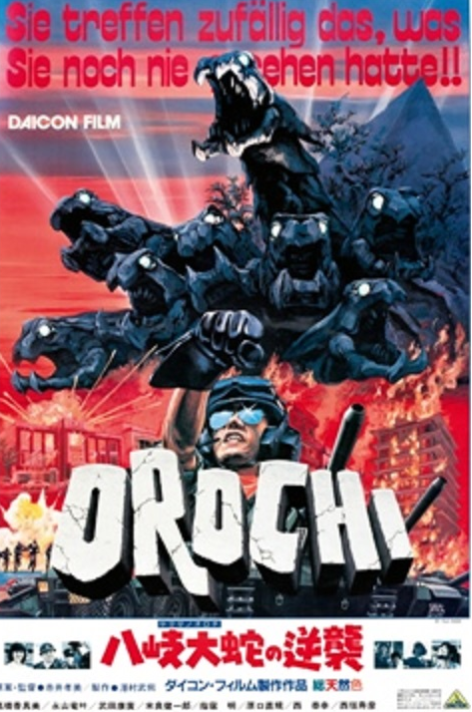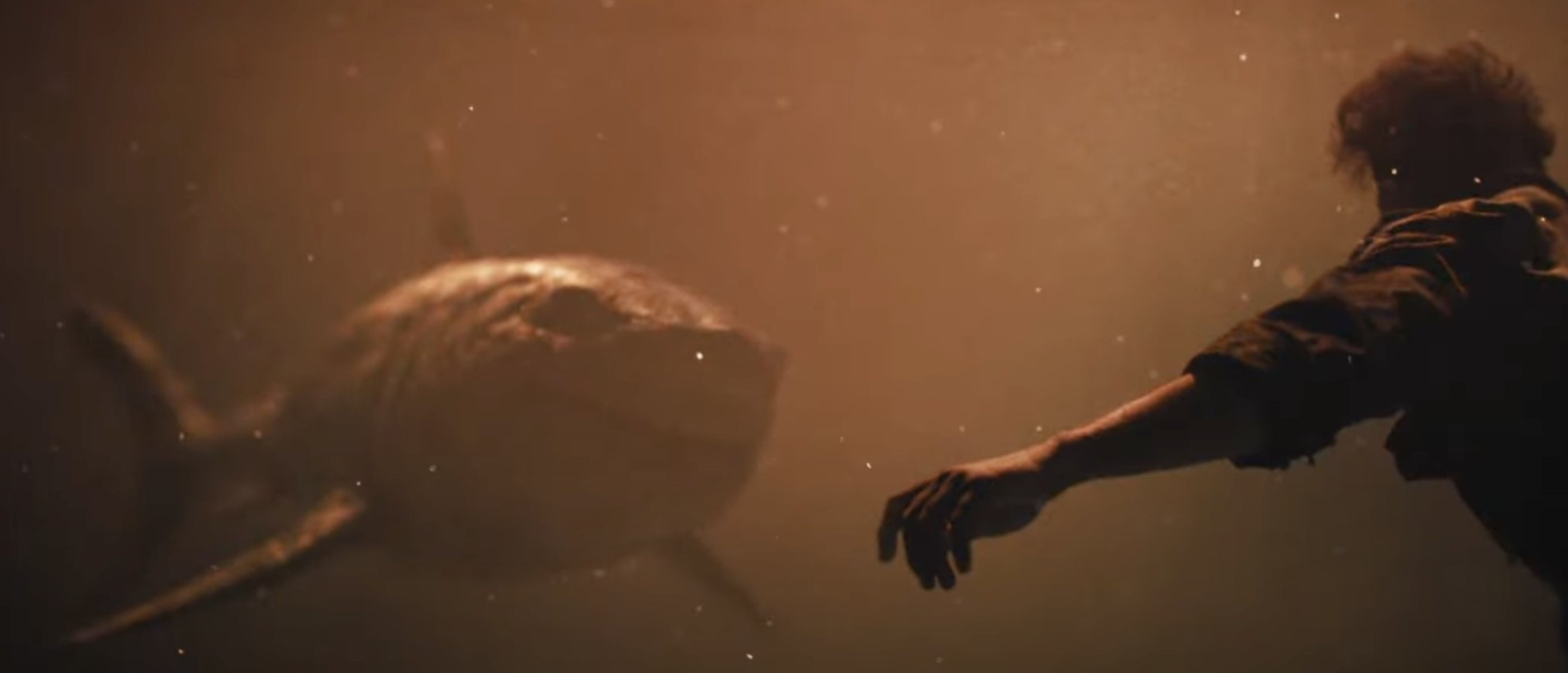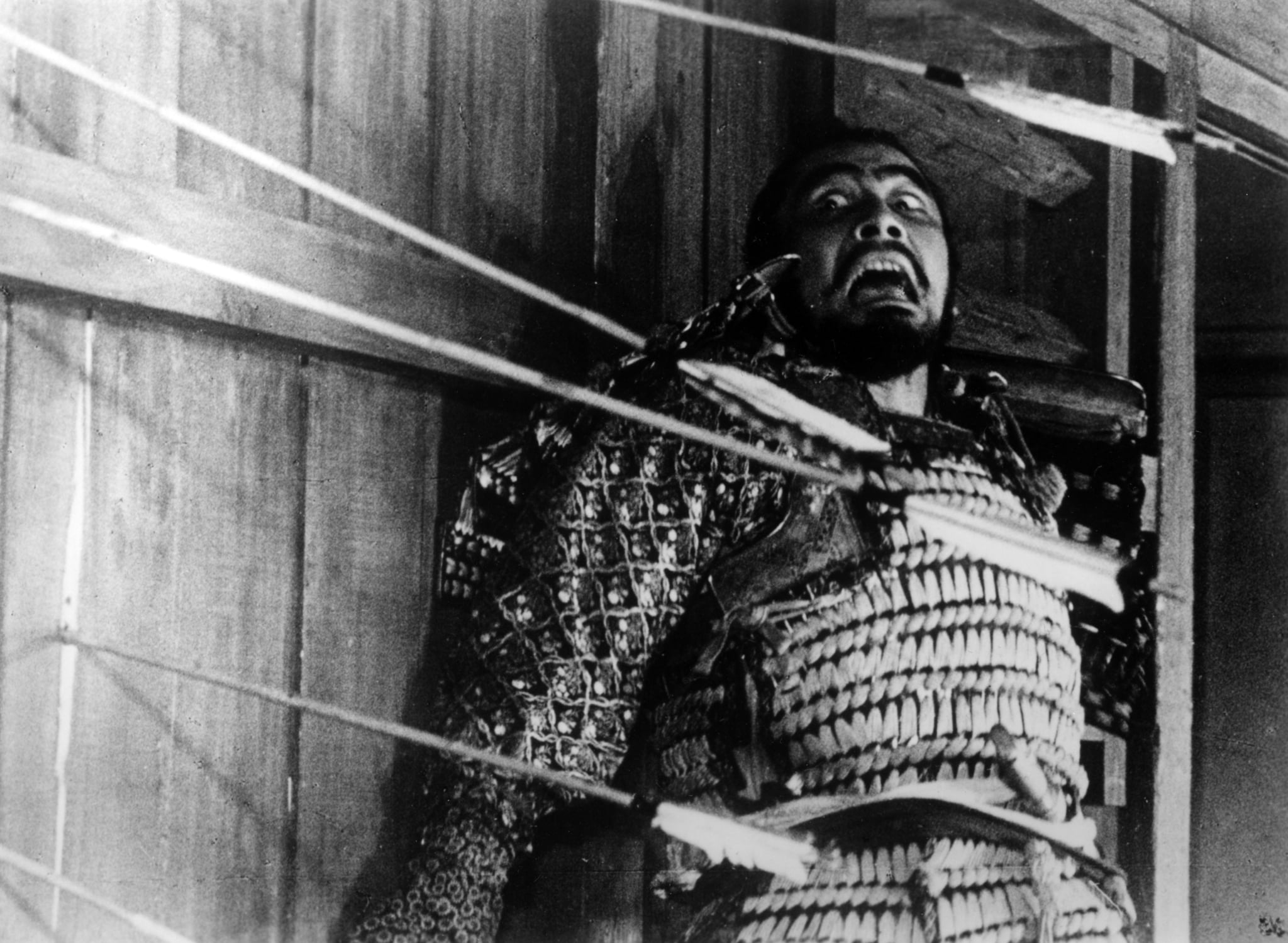
“Read good books, talk to good people, and carry out good deeds. Those are the way to become a better person.” – Ishiro Honda
Kaiju-oriented documentaries seem to be few and far between. Traditionally, most of the hard-hitting research into the world of these films and the people that made them happen have been within the pages of books. I can perhaps count on my fingers the number of documentaries that have had staying power – Bringing Godzilla Down to Size, Hail to the King: 60 Years of Destruction, and most recently, 2019’s Dawn of Kaiju Eiga, directed by Spanish filmmaker and documentarian Jonathan Bellés. Each seem to tell the story of how Godzilla was born – a tale as old as time – but still a thrilling one, nonetheless. Few, if not none, have dared to dive into the actual human beings that put their hearts and souls into creating these motion pictures.
Bellés has returned to change this with his sophomore outing, this time emphasizing a focus on one of the core fathers of Godzilla, legendary Japanese film director Ishiro Honda. Many kaiju fans in the Western hemisphere know about his kaiju, science fiction, and fantasy outings, but few know the man’s vast career of dramas and comedies that reflect the human qualities of life. Godzilla, of course, is Honda’s biggest contribution to cinema, but as most who have studied the man know, that’s not the extent of what he did. Unfortunately, a lot of the film scholar & critic world seems to continue to see him as “The Godzilla Man”, instead of the masterful film director and Akira Kurosawa collaborator he really was.
I appreciated the great lengths the crew took to filming on location across Spain, Japan, and the United States. We see the origins and upbringing of Honda highlighted by the documentarians’ b-roll sparing no expense. We’re taken to gorgeous temples near the birthplace of Honda, incredible museums dedicated to preserving the art of Tokusatsu, and vast libraries of books nestled behind a Japanese film scholar. Viewers will also see fun locations, such as the much-beloved G-FEST in Chicago and other Japanese fan events serving as a backdrop to highlight the far-reaching legacy and fan adoration that continues to this day.

My very limited list of things to critique with this documentary are fairly minor. There are a few sound inconsistencies with the mixing, but it does not distract the viewer at all from the movie itself and the contents within. For an independent documentary funded by the Director’s wallet and some generous sponsors, this documentary is adeptly made and constructed with full love & passion for the subject matter. In fact, there’s some really great moments that utilize sound to its fullest advantage:
The calm, yet beautifully reflective atmosphere paired with the peaceful music sets the tone for Honda’s character and the documentary as a whole. We’re learning about a man who has seen brutal, nightmare-inducing terrors and the worst of humanity, but aspires to show that we can and will become better individuals through art. I found this aspect of the documentary perhaps the most powerful, and truthfully, exemplifies the advantages of visual mediums to tell these stories. Director Bellés and crew did not just create a video essay with Godzilla footage spliced in over the narration, they truly immerse the viewer within the world of where Honda-san lived and really drove home the life-changing experiences that Ishiro Honda lived through.
Hearing Honda’s own voice tell some of these stories recounted by the interviewees was another benefit. It’s easy for us to tell stories about the man from recounted history, but to hear the man himself reflect on his life directly was something that more documentaries on kaiju eiga should really do. The interviewees are also truly an all-star cast. You have a great range of friends & family (I think this is the very first time Honda’s granddaughter has been interviewed), to colleagues, admirers, and scholars. They all speak as authority figures, recounting the life story of the focal man in both personal and professional relationships. Of the interviewees, I found it most intriguing to hear from non-American film academics, most notably from Japan. I am deeply curious about the Spanish side of the kaiju experience, so getting a small window into that field of kaiju & film studies was cool to see.

The documentary’s 70-minute brisk run time is not a disadvantage, either. In the age of multi-episode Netflix true crime documentaries that overstay their welcome and bloat their run times, it’s nice to have a solid documentary that knows when to end. As an appreciator of Mr. Honda, I do wish it were just a tad bit longer, but it perfectly encapsulates a majority of Honda’s life from beginning to end, and even highlights frequently overlooked gems, such as Latitude Zero. I’m sure kaiju fans will bring up the lack of talking about Honda’s directorial efforts in select episodes of the Ultraman franchise, or other various films that don’t get highlighted, but that’s not what this documentary is aiming to do.
By far, my favorite part of the doc is the final chapter. The entire sequence beginning with Honda’s death, memorial service, & funeral is a masterfully crafted emotional eulogy. Hearing how people reacted to the death of this director and mourned in their individual ways was heart-wrenching. The tale Ed Godziszewski recounts from Mrs. Honda of Akira Kurosawa opting to attend Honda’s wake at night because he didn’t want to detract attention with his own high profile celebrity was devastating, truly one of the saddest stories I’ve heard.
On the plus side, reflecting on the profound and insurmountable influence that Honda-san’s films have had on our lives is greatly represented. The human side of these filmmakers isn’t represented that well in a lot of these stories and documentaries, but this one really shows that these creators are people that live, laugh, suffer, and venture through the human experience, too. And through these creations, we can also laugh, cry, and feel every ounce of emotion through their art.

Overall, the first major documentary focusing primarily on Ishiro Honda is a must-see. It’s a window into the life and experiences of a man that truly exemplified the humanistic desires of peace after suffering through atrocity. Individuals who are well-versed in this genre may see some familiarity, but the transformative nature and specified lens focused on Honda as a man changes the way we see these historical events. For the people wanting to learn about Honda that don’t know much, this documentary will become a staple and a vital visual resource.
That being said, there are some surprises in store – the film is here to highlight the man and his character through his history. Ishiro Honda: Memoirs of a Film Director seeks to showcase why this beloved director was not only a phenomenal director & collaborator, but aims to demonstrate exactly why Ishiro Honda was a good man and a philosophical force behind obtaining peace on Earth.
Ishiro Honda: Memoirs of a Film Director just made its world premiere at the Sitges Film Festival in Spain.





I cannot wait to see this film. Thank you for the great review!
Thanks so much for your kind words!